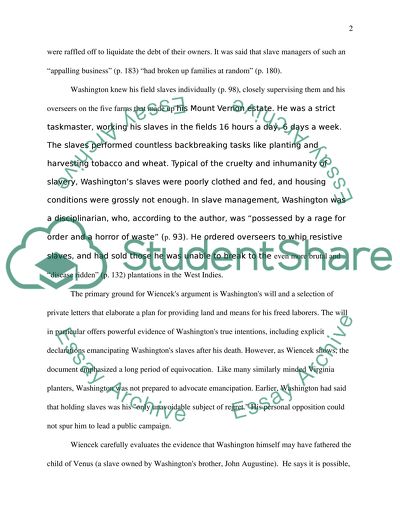Cite this document
(“An Imperfect God by Henry Wiencek Book Report/Review”, n.d.)
Retrieved from https://studentshare.org/literature/1511301-an-imperfect-god-by-henry-wiencek
Retrieved from https://studentshare.org/literature/1511301-an-imperfect-god-by-henry-wiencek
(An Imperfect God by Henry Wiencek Book Report/Review)
https://studentshare.org/literature/1511301-an-imperfect-god-by-henry-wiencek.
https://studentshare.org/literature/1511301-an-imperfect-god-by-henry-wiencek.
“An Imperfect God by Henry Wiencek Book Report/Review”, n.d. https://studentshare.org/literature/1511301-an-imperfect-god-by-henry-wiencek.


